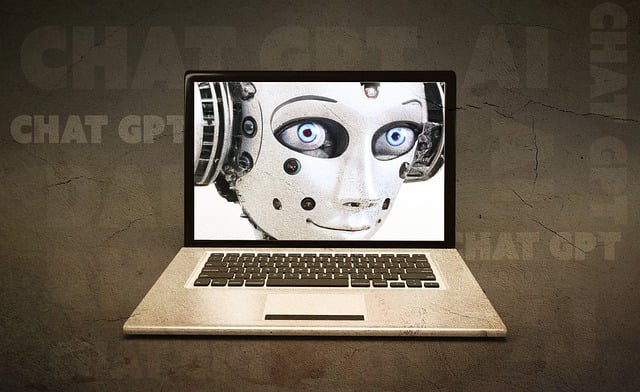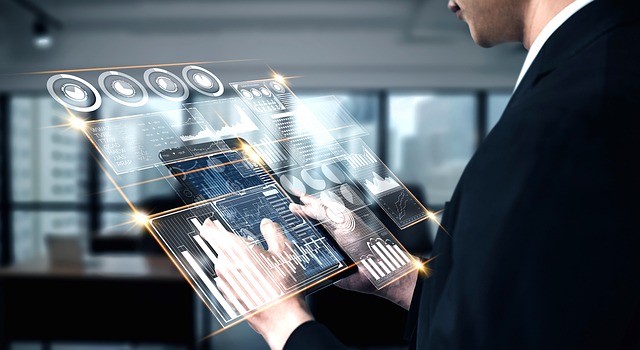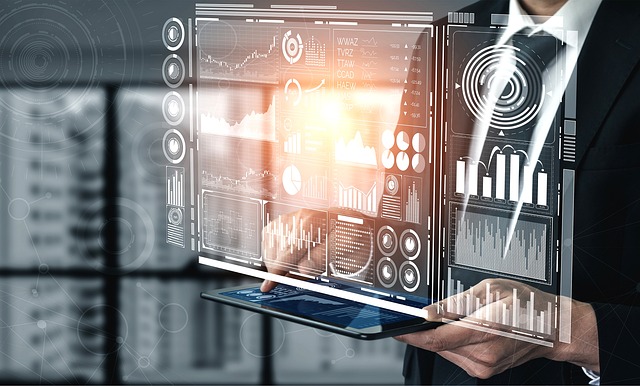Section 1: The Rise of Artificial Intelligence
Artificial Intelligence (AI) has been a buzzword in the technology world for quite some time now. But what exactly is AI and how is it transforming the way we use technology? In simple terms, AI is the development of computer systems that can perform tasks that typically require human intelligence, such as visual perception, speech recognition, decision-making, and language translation. It involves the use of algorithms and machine learning to enable computers to learn from data, make predictions, and improve their performance over time.
The concept of AI has been around for decades, but recent advancements in computing power and data availability have propelled it into the mainstream. Companies like Google, Amazon, and Microsoft have heavily invested in AI research and development, leading to significant breakthroughs in the field. Today, AI is being integrated into various industries, from healthcare and finance to transportation and retail. It has the potential to revolutionize the way we live and work, making our lives more efficient, convenient, and productive.
Section 2: Transforming Industries with AI
One of the most significant impacts of AI is its ability to transform industries and disrupt traditional ways of doing things. In the healthcare sector, AI is being used to analyze medical data and assist in diagnosis, leading to faster and more accurate treatment. It is also being used to develop personalized treatment plans for patients, taking into account their unique genetic makeup and medical history.
In the finance industry, AI is being used to automate processes and detect fraudulent activities. It can analyze vast amounts of financial data in real-time, making it easier for banks and financial institutions to make informed decisions. AI-powered chatbots are also being used to provide customer service and support, reducing the need for human interaction and saving time and resources.
Transportation is another industry that is being transformed by AI. With the rise of self-driving cars and trucks, AI is making our roads safer and more efficient. These vehicles use sensors, cameras, and advanced algorithms to navigate through traffic and avoid accidents. They also have the potential to reduce carbon emissions and improve fuel efficiency, making them more environmentally friendly.
In the retail sector, AI is being used to personalize the shopping experience for customers. With the help of machine learning, retailers can analyze customer data and behavior to make personalized product recommendations and offers. This not only improves customer satisfaction but also increases sales and revenue for businesses.
Section 3: AI and the Future of Technology
The potential of AI goes far beyond transforming industries. It has the power to revolutionize the way we interact with technology and the world around us. One of the most significant advancements in AI is the development of natural language processing (NLP). This technology enables computers to understand and respond to human language, making it possible for us to communicate with machines in a more natural way.
NLP has led to the development of virtual assistants like Apple’s Siri, Amazon’s Alexa, and Google Assistant. These AI-powered assistants can perform a wide range of tasks, from setting reminders and alarms to playing music and ordering groceries. They are constantly learning and improving, making them more efficient and accurate with each interaction.
Another exciting area of AI is the Internet of Things (IoT). IoT refers to the interconnection of everyday objects, such as appliances, vehicles, and wearable devices, to the internet. With AI, these devices can collect and analyze data, making them more intelligent and autonomous. For example, smart home devices can learn your habits and adjust settings accordingly, making your home more energy-efficient and convenient.
In the coming years, AI is expected to have an even more significant impact on technology. With the development of quantum computing, AI will be able to process and analyze data at an unprecedented speed, leading to even more advanced applications. It will also pave the way for the development of autonomous robots and machines, which can perform complex tasks and make decisions without human intervention.
Conclusion:
AI is transforming technology in ways we could have never imagined. From improving healthcare and finance to revolutionizing transportation and retail, its impact is widespread and far-reaching. With continued advancements and integration into various industries, AI has the potential to make our lives more efficient, convenient, and productive. As we move towards a future where AI is an integral part of our daily lives, it is essential to consider the ethical implications and ensure responsible use of this powerful technology. The possibilities are endless, and it is up to us to harness the potential of AI for the betterment of society.











